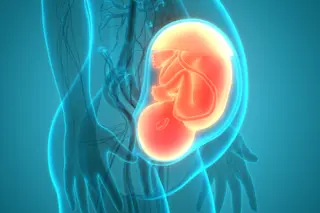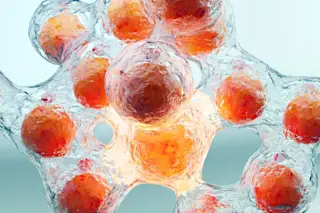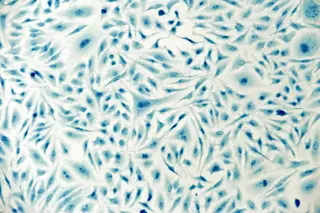Image credit: Aleksandra Pospiech
One of the interesting and robust nuggets from behavior genetics
is that heritability
of psychological traits increases as one ages. Imagine for example you have a cohort of individuals you follow over their lives. At the age of 1 the heritability of I.Q. may be ~20%. This means that ~20% of the variation in the population of I.Q. explained by variation in the genes of the population. More concretely, you would only expect a weak parent-offspring correlation in I.Q. in this sample. At the age of 10 the heritability of I.Q. in the same sample may be ~40%, and in mature adulthood it may rise to ~80% (those are real numbers which I've borrowed from Robert Plomin
). Many people find this result rather counterintuitive. How can a trait like intelligence become "more genetic"?
Remember that I'm talking about heritability here, not an ineffable "more" or ...













